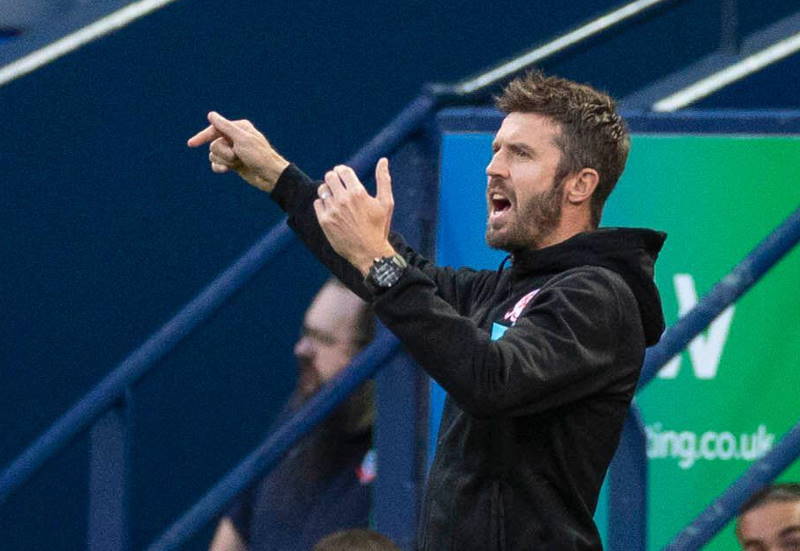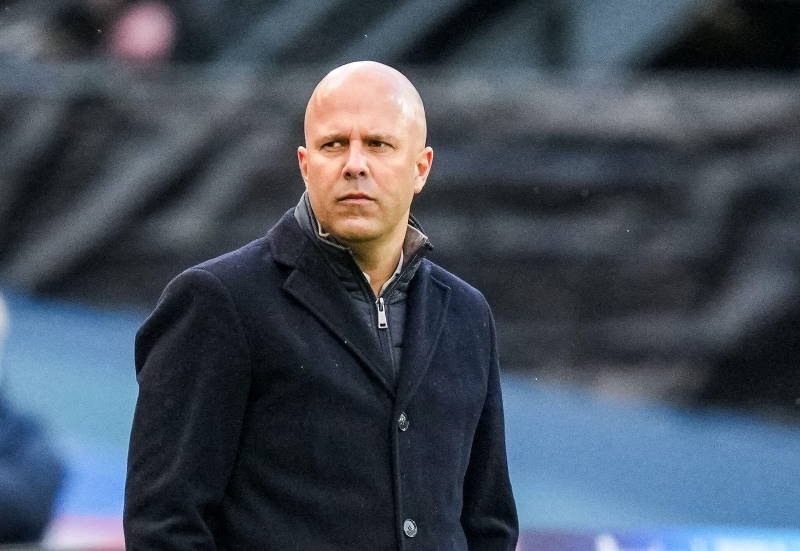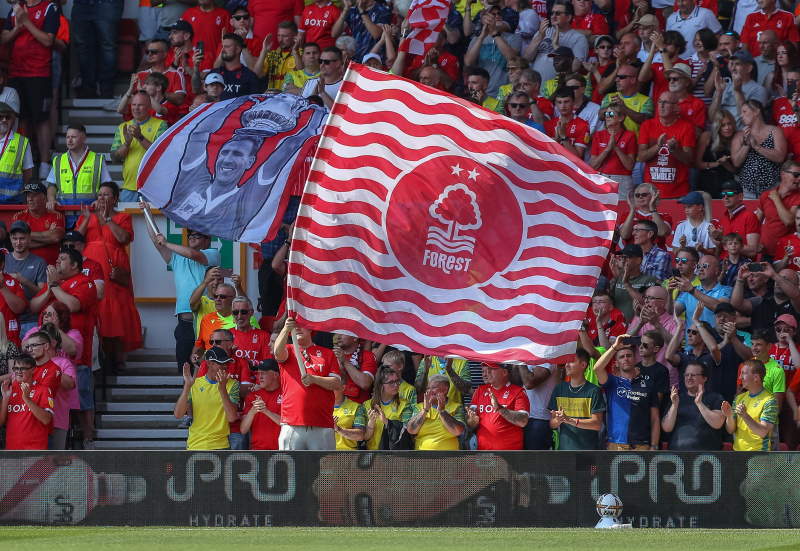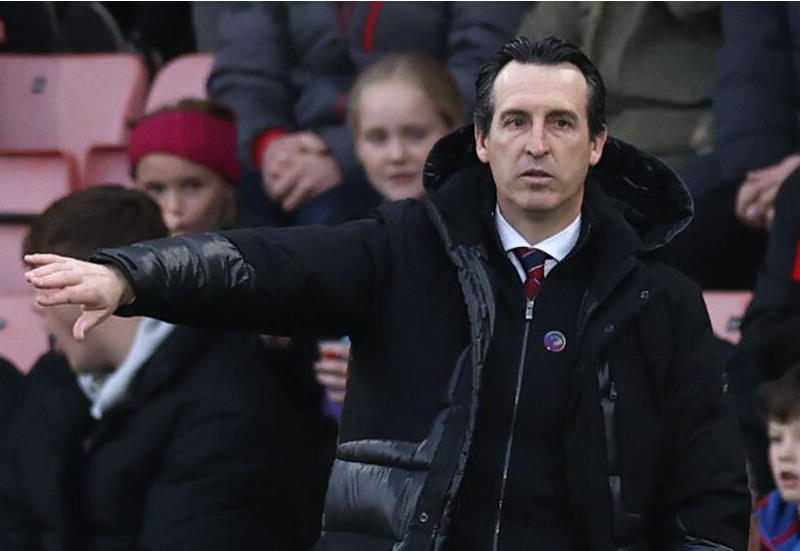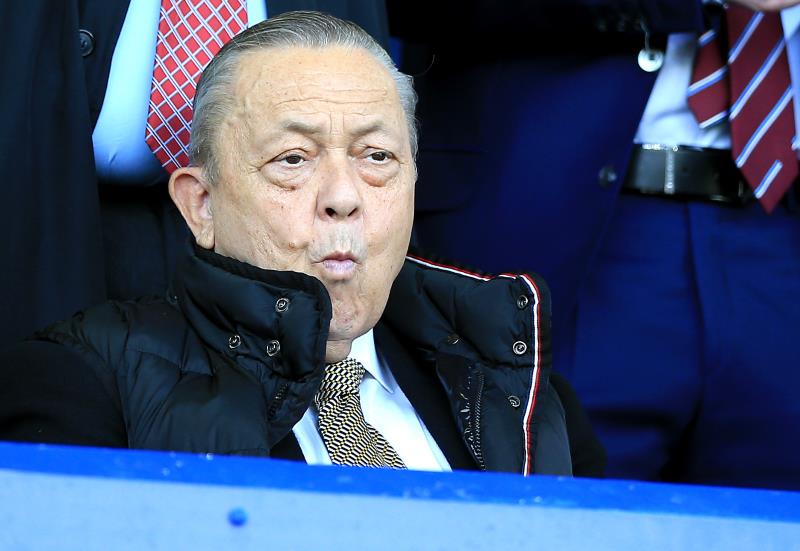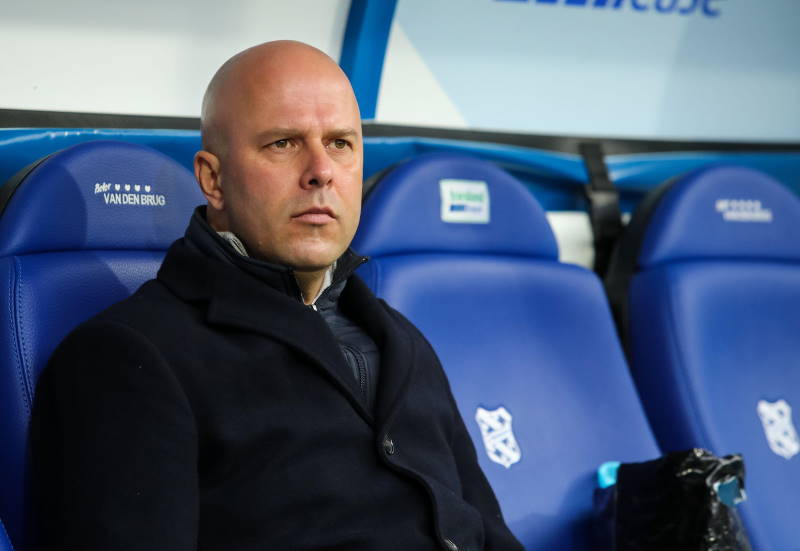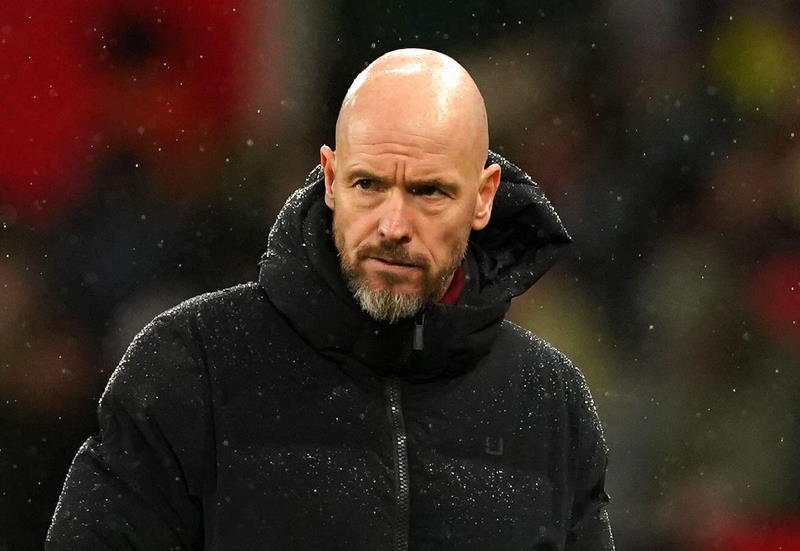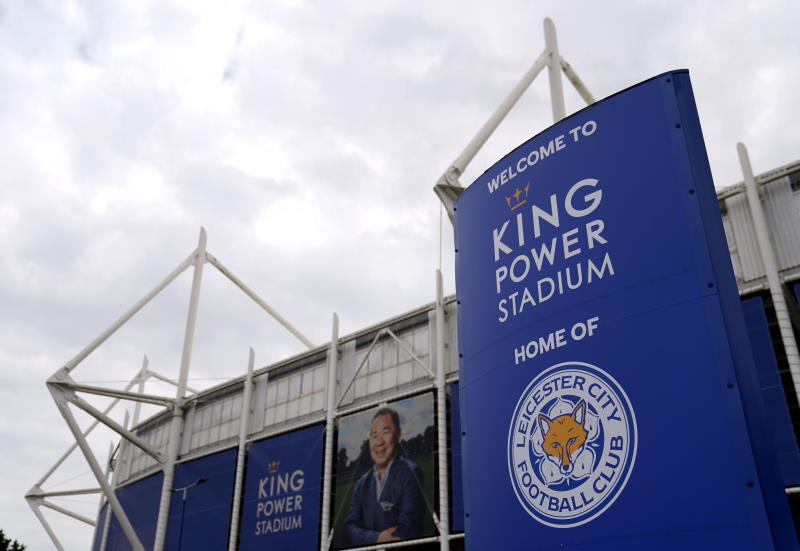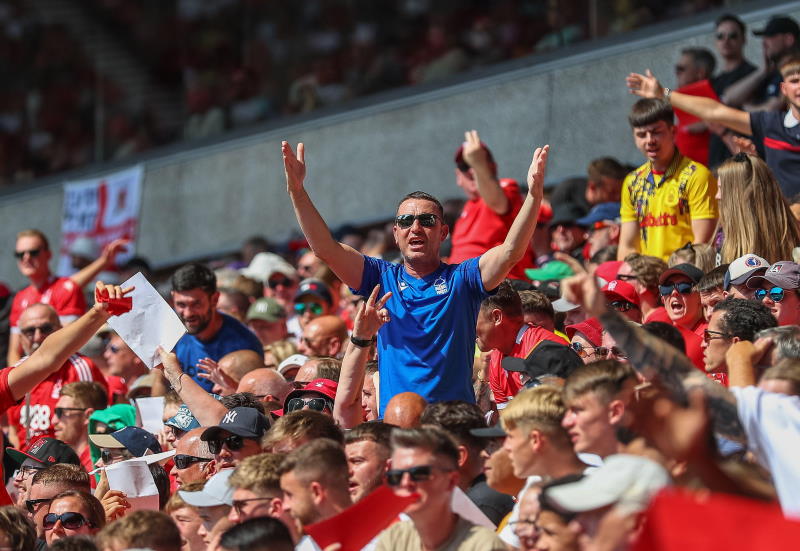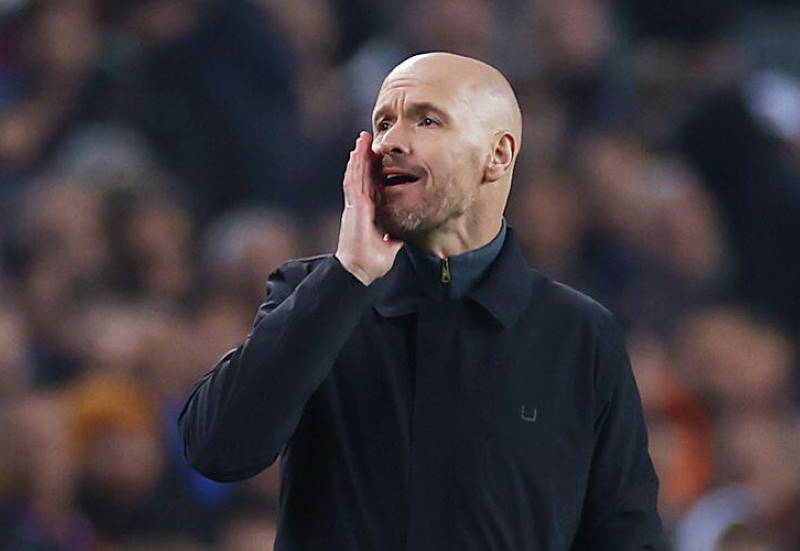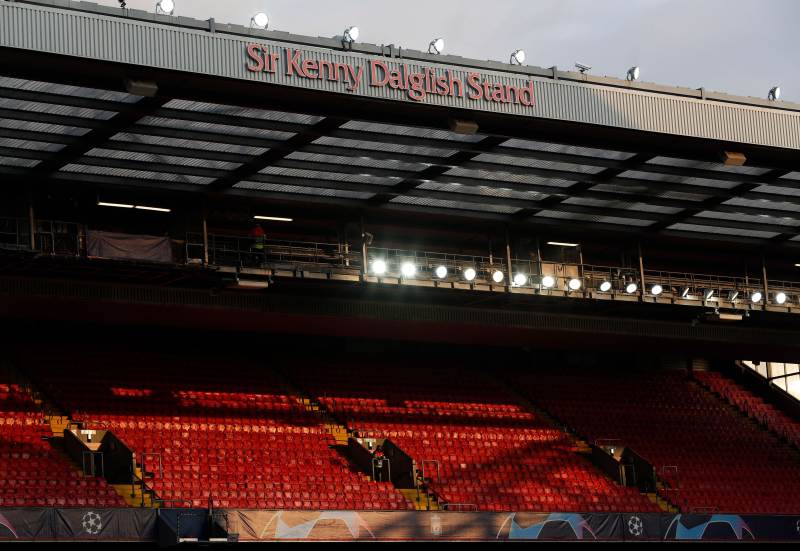
Mark Wotte recently left his role as performance director with the Scottish FA, the job being the latest stage on a journey which has seen the Dutchman work in a number of countries, from England with Southampton to Egypt with Ismaily. A former defender, Wotte has strong views on the game and has built a reputation as an innovative coach and thinker. Inside Futbol went to speak to the Dutchman, talking Scottish football, Rangers, the Arab Spring, his plans for the future and much more.
Inside Futbol (IF): Following your spell with the Scottish FA, do you feel the country is in a good position to bring through young players? And what do you think are realistic aims for Scotland’s national team over the medium term, i.e. what should Scotland be achieving on the international stage?
Mark Wotte (MW): I’m not sure if academy managers in Scotland have picked up what is essentially the most important aspect for current football youngsters: to be recognised as individuals with their own potential and DNA, to be treated as football pupils/students, to be educated as world-class footballers and prospects for their clubs and to become part of a better future within the first team or somewhere higher up with a decent ROI. The seven performance schools in Scotland do ensure a proper individual foundation, but it is down to the clubs to bring those kids to fruition between 16 and 20 years of age.
However, if it continues to be all about team coaching and winning at certain clubs then Scottish football will stagnate or even go backwards again. The national team have a great chance of qualifying for the European Championship in 2016 or at least of becoming third in the group to qualify for the playoffs.
A lot of current internationals between 20 and 25 years have benefitted from moving to the English Premier League or English Championship at the right moment, which has accelerated and matured their development and quality. Robert Snodgrass, Steven Naismith, Grant Hanley and Andrew Robertson are great examples in this perspective.
Unfortunately, we haven’t got players competing in the top six in the English Premier League or in the Champions League and Europa League yet, like Belgium’s international players for instance.
IF: Domestically the Scottish league system has attracted much criticism. Do you think Scotland’s top flight should be expanded in size? Would you change the domestic league set-up? And if so, what would you recommend?
MW: I really think the SPFL should go up to 16 teams and have a similar playoff system to Holland where the last team goes down automatically and the teams in 16th and 17th place (14th and 15th place in the new SPFL) compete in playoffs, with additional playoffs to qualify for Europe.
This season shows that the SPFL would have been more exciting, more challenging, more competitive and thus more attractive if Hearts, Rangers, Hibs and Falkirk had been involved for example. I can’t believe this is not happening and think it is a very slow process to get things agreed upon, with so many clubs in financial trouble.
IF: Is having Rangers back in the top flight essential for Scottish football? How do you feel the game coped without them?
MW: Well, I think I’ve already answered parts of this question. I don’t think Scottish football can accept structural financial mismanagement. The SFA should have more responsibility for checking mismanagement like UEFA does with the big clubs in Europe. Some governing bodies in Europe work with such an audit responsibility and clubs in debt are put in categories that restrict them when it comes to spending again as if they have a tree with money in the back garden.
Eventually it is best for all to have financially viable professional clubs in Scotland.
IF: What does the future hold for you? Are you aiming to return to management? If so, do you have a preferred country in which to work?
MW: I’m having some sabbatical time off and considering job offers at the moment. I can only say 'yes' once and want to be sure it will be the right move for me, either as a head coach, a performance director, a head of coaching or as an academy director. It has to be an ambitious project where standards have to and could be improved.
IF: All but one (Ronny Deila at Celtic) of the managers in the Scottish Premiership are British. Do you sense any resistance to appointing foreign coaches? Is Scottish football losing out from a lack of foreign perspective?
MW: Scotland have good head coaches, maybe even a couple of good ‘managers', but it is all a bit of the same in my opinion.
In England, over 50 per cent are foreign head coaches/managers, some of who work with a director of football. A director of football/performance director with a head coach who focuses solely on coaching, preparing and managing the team’s day-to-day routine and 60 games a season is in my opinion the best combination.
I would never leave the future of a club in just one person’s hands – it’s too much and it’s outdated.
I don’t know why clubs are so reluctant to sign European coaches though. I actually think that Scottish football would benefit as a whole as it would lead to more diversity in coaching.
IF: You’ve had two spells working in Egypt. With the country being so successful on a continental level in the African Cup of Nations, can you put your finger on why they haven’t qualified for the World Cup since 1990?
MW: Egypt were CAF champions in 2006 when I worked there and managed four internationals, who were all around 24 to 26 years old. In 2008 they did it again and in 2010 the very same players were between 28 and 30. They are very patriotic and their Egyptian coach was very capable of creating a unit. Club football too flourished with Al Ahly, Zamalek and Ismaily always competing closely for the league title – with only three foreigners allowed per team! This means that there are automatically lots of opportunities for young kids to get game time and to develop.
In the last three years there was not really much competitive league football due to the revolution. Only recently fans have been allowed to enter stadiums again.
Egypt were knocked out by Algeria when trying to qualify for the 2010 World Cup and by Ghana four years later, so by no means minnows in Africa. To be honest, I can’t really see another reason why they haven’t qualified.
IF: In your time at Ismaily the Arab Spring erupted. How did it affect your spell in charge?
MW: It was hard. We were doing well in the Egyptian league, but all of a sudden the parking lot next to the stadium became an army base with tanks and I wasn’t allowed to leave my hotel compound. All Cairo based players stayed with their families and the club sponsors all disappeared at once!
On a personal note, I was never afraid or in jeopardy, however. We won the last four league games before 25th January, so I was quite popular in Ismailia and everyone – officials and fans – were more or less ‘protecting’ me in a time when a lot of Westerners were urged to go home.
I left three months after the day of the revolution to continue with the training of local players and kids before returning to Holland.
IF: You’ve managed in a number of countries across Europe and the Middle East. What has been your most satisfying experience and why?
MW: My best experience was reaching the African Champions League quarter-finals with Ismaily and winning 3-1 against the biggest club, Al Ahly; the win was followed two weeks later by another 4-2 victory in the league. On both occasions, the Ismaily Stadium erupted and the fans were happier than ever.
IF: One of your former clubs, Southampton, have been widely praised for their youth academy. Do you think there is any secret to the club’s approach? Is it markedly different from other clubs in the UK?
MW: Recruitment, coaching staff, academy management and talent management right into the first team! These four pillars have all been done exceptionally well and were also exceptional during my time there in 2008 and 2009.
IF: Are you surprised by the job Ronald Koeman has done at Southampton after the club lost so many key players in the summer?
MW: No, Ronald Koeman is perfect for the job and for the stage they are currently in. He is a good, experienced manager, who is used to building a team with youngsters, but also one that is ‘senior’ enough to deal with the so-called stars!
IF: A number of players have moved from the Eredivisie to the Premier League in recent years and instantly held their own, the latest being Graziano Pelle and Dusan Tadic. Why do you think this is? Is Dutch football underrated in England?
MW: From a technical point of view, the English Premier League is a bit overrated. In Holland, the technical level and passing style are well developed and that’s why Dutch players mostly survive easily in the English Premier League. It is technique and awareness that keep you alive in football!
IF: Finally, Martin Odegaard has joined Real Madrid despite offers from almost every top club. Ajax and Celtic both wanted Odegaard. Do you think he has made a mistake in choosing to go to Real Madrid as opposed to Ajax or Celtic which he would have faced less competition for a first team spot?
MW: I don’t know how good he really is – we’ll have to wait and see. Maybe he is the exception?

